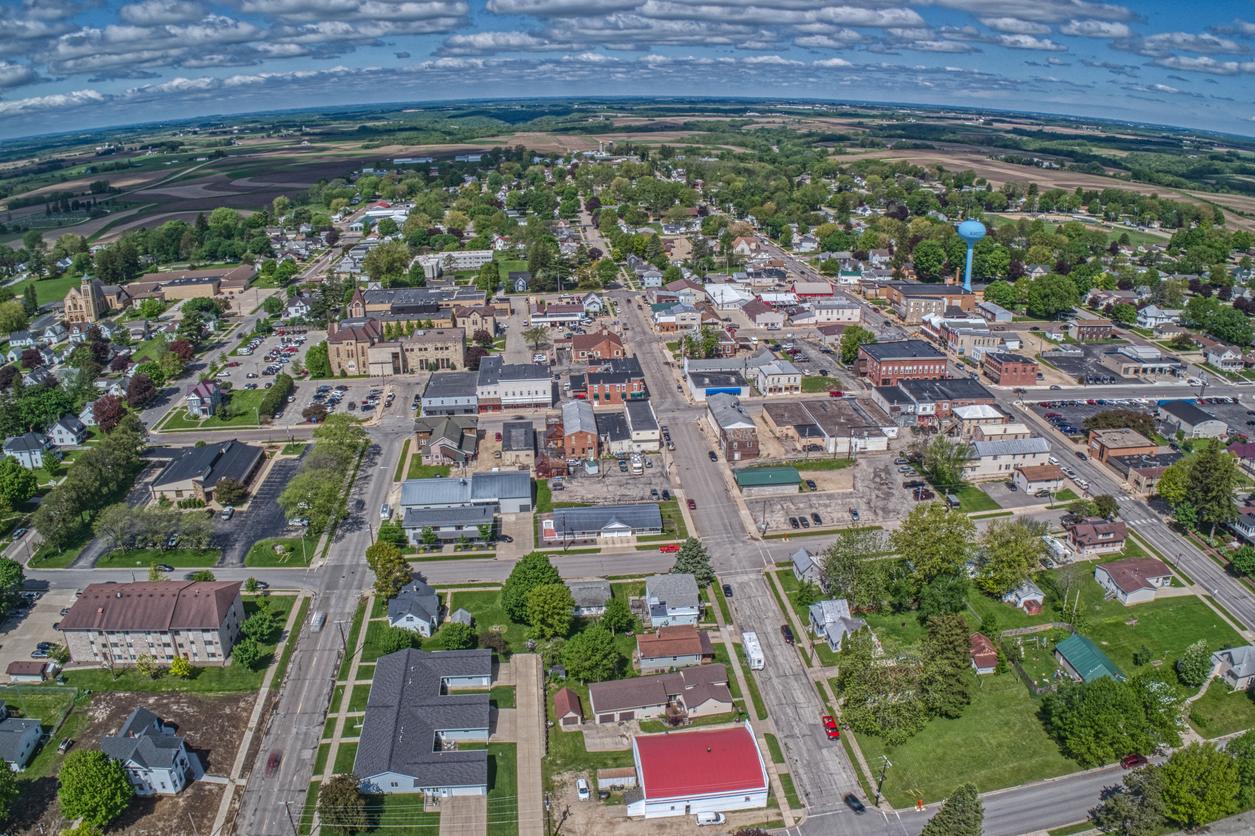TIF is an economic development tool. When TIF districts are decertified, it can affect a city’s tax base and LGA distribution.
About TIF
- TIF is an economic development and redevelopment tool.
- Cities and authorities (e.g., housing and redevelopment authorities) are authorized to create TIF districts.
- The authority to create a TIF district is granted by the state Legislature.
- TIF helps cities preserve and grow their local economies, which contributes to the economic health and vitality of the state.
View the Handbook for Minnesota Cities chapter on Community Development and Redevelopment for more on TIF (pdf)
Access the House Research TIF Primer to learn more about what TIF is and how it’s used
The Office of the State Auditor issues reports on the usage of TIF across the state. The most recent report is for 2021. View all the reports on the State Auditor website.
TIF decertification and local government aid (LGA)
- The current LGA distribution formula uses a city’s net tax capacity to measure ability to pay.
- The increase in tax capacity resulting from decertification can affect a city’s LGA distribution.
- A city’s ability to pay is compared to its calculated expenditure need to determine the amount of LGA received.
- A city that has enough revenue-raising capacity to meet its spending needs according to the formula does not receive LGA.
Cities with large proportions of their net tax capacity in TIF districts will likely see a decrease in their LGA distribution when the districts are decertified, as the difference between calculated need and capacity narrows.





